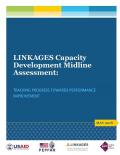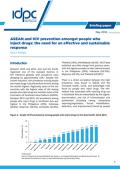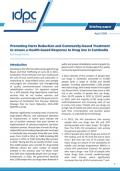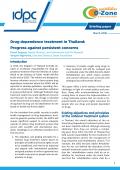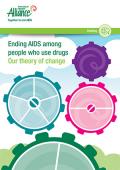Publications on People Who Inject Drugs (PWID)
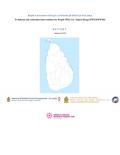
Resource | Publications,
Research on details of the pattern of drug use among People Who Use Drugs (PWUD) and People Who Inject Drugs (PWID) in Sri Lanka is relatively scarce. In order to initiate interventions aimed at reduction of risks due to drug use in the country, adequate information about the pattern of drug use is critical.
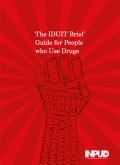
Resource | Guidelines,
This IDUIT Brief Guide for People who Use Drugs is intended to outline the key concepts of Implementing Comprehensive HIV and HCV Programs with People who Inject Drugs: Practical Guidance for Collaborative Interventions (the IDUIT) related to prevention, treatment and empowerment with regard to HIV and HCV, and point to how activists and professionals from among the community of people who use drugs might promote better policy and practice.
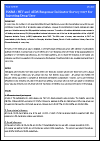
Resource | Fact Sheets,
In Hong Kong, the number of HIV cases transmitted through injecting drug use (IDU) has remained low up till now and contributed to less than 5% of all reported cases cumulatively. However, the potential risk of cluster outbreak and rapid upsurge of infection among the IDU population is always a concern. To monitor HIV-related risk behaviours and access to HIV testing services among IDU, this population has been included as one of the four at-risk populations in the HIV/AIDS Response Indicator Survey (HARiS) implemented since 2013.
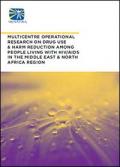
Resource | Publications,
This report investigates and details the health-related harms, stigma and discrimination, service access and adherence barriers, as well as the impact of current (if existing) harm reduction strategies among PLHIV who use drugs. The results of this report should guide decision-makers and civil society organizations towards the provision of more comprehensive and accessible harm reduction and HIV services.






